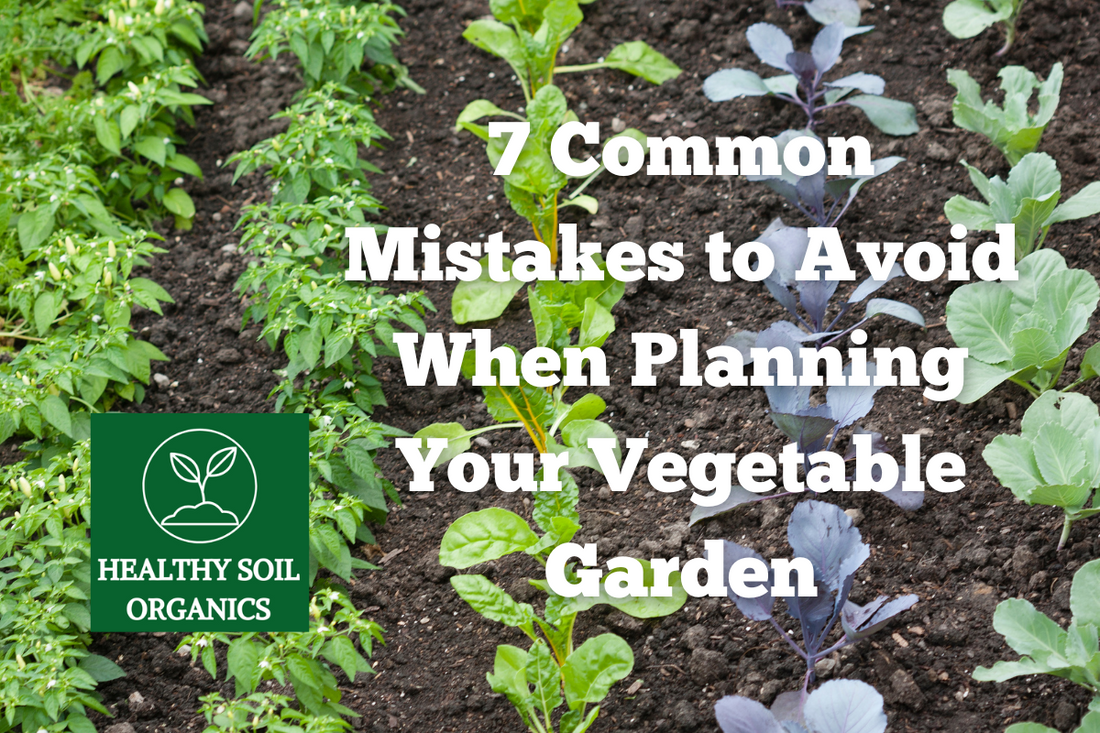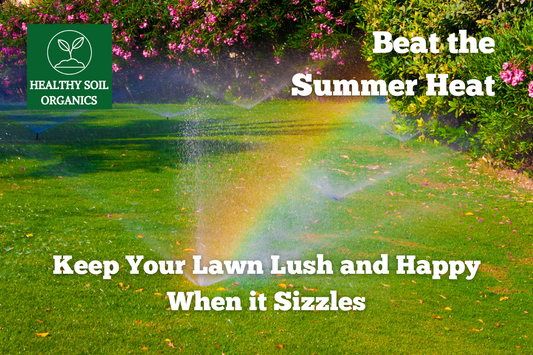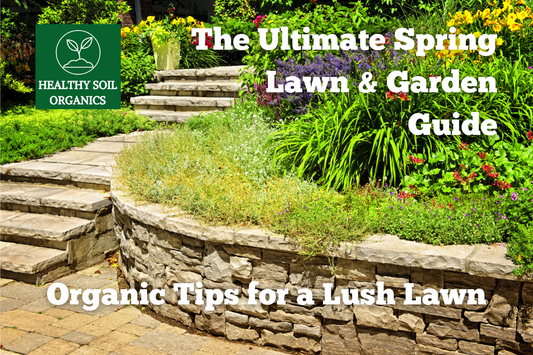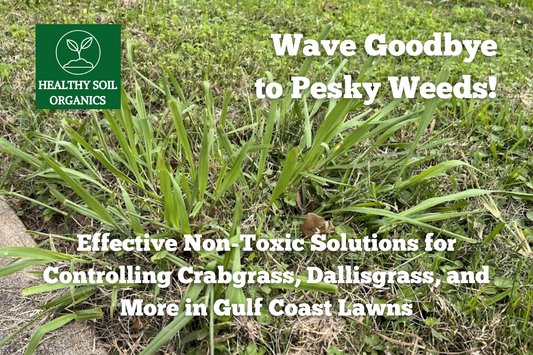Vegetable gardening is a rewarding and fulfilling activity. However, for those who are just starting out, it's easy to make mistakes that can lead to disappointing results. Here are seven common mistakes people make when planning a vegetable garden:
-
Not considering the soil The soil is the foundation of your garden, and it's important to consider its condition before planting. If the soil is too sandy, too compacted, or too clayey, it can negatively affect the growth of your plants. Testing the soil and amending it with compost, manure, or other organic matter can help create a more hospitable environment for your vegetables.
-
Planting too much, too soon It's easy to get excited about the prospect of a bountiful harvest, but planting too much too soon can lead to a garden that's difficult to maintain. It's important to start small, especially if you're a beginner, and focus on a few vegetables that are easy to grow.
-
Not choosing the right vegetables Not all vegetables are suited for all climates and growing conditions. Choosing the right vegetables for your location, climate, and season can mean the difference between a successful harvest and a disappointing one. Do some research to find out which vegetables grow best in your area.
-
Not spacing the plants correctly Proper spacing is critical for healthy growth and development of plants. Overcrowding can lead to stunted growth, poor air circulation, and increased risk of disease. Be sure to follow the recommended spacing guidelines for each type of vegetable you're planting.
-
Not watering enough (or too much) Water is essential for plant growth, but overwatering or underwatering can be just as harmful. It's important to find the right balance and water your plants regularly, but not excessively. Generally, plants need about an inch of water per week, but this can vary depending on the weather and other factors. Watering more during hot periods and less during cool periods can help you find that balance. Also using a simple rain gauge to understand how much rain your plants are getting can be extremely helpful.
-
Neglecting pest and disease control Pests and diseases can quickly take over a garden and ruin your hard work. Regularly inspecting your plants for signs of pests or disease and taking appropriate action can help prevent major outbreaks. Consider using natural remedies, companion planting or integrated pest management techniques to keep your garden healthy.
-
Not planning for succession planting Succession planting involves planting crops in stages so that you can harvest a continuous supply of fresh vegetables throughout the growing season. Not planning for succession planting can lead to a glut of vegetables at once and a long wait for the next harvest. Plan ahead and stagger your planting times for a more consistent supply.
Planning a vegetable garden can be a fun and rewarding experience, but it's important to avoid these common mistakes. By taking the time to plan and prepare your garden, you'll increase your chances of a successful and abundant harvest. Happy gardening!




